Do You Know About "Jiko Bukken"? A Deep Dive Into Japan’s Unique Haunted Real Estate Culture

When Apartment Hunting in Japan, You Might Come Across the Term "Jiko Bukken"
While often translated as "stigmatized property," the truth is a bit more complex—and honestly, a little creepy.
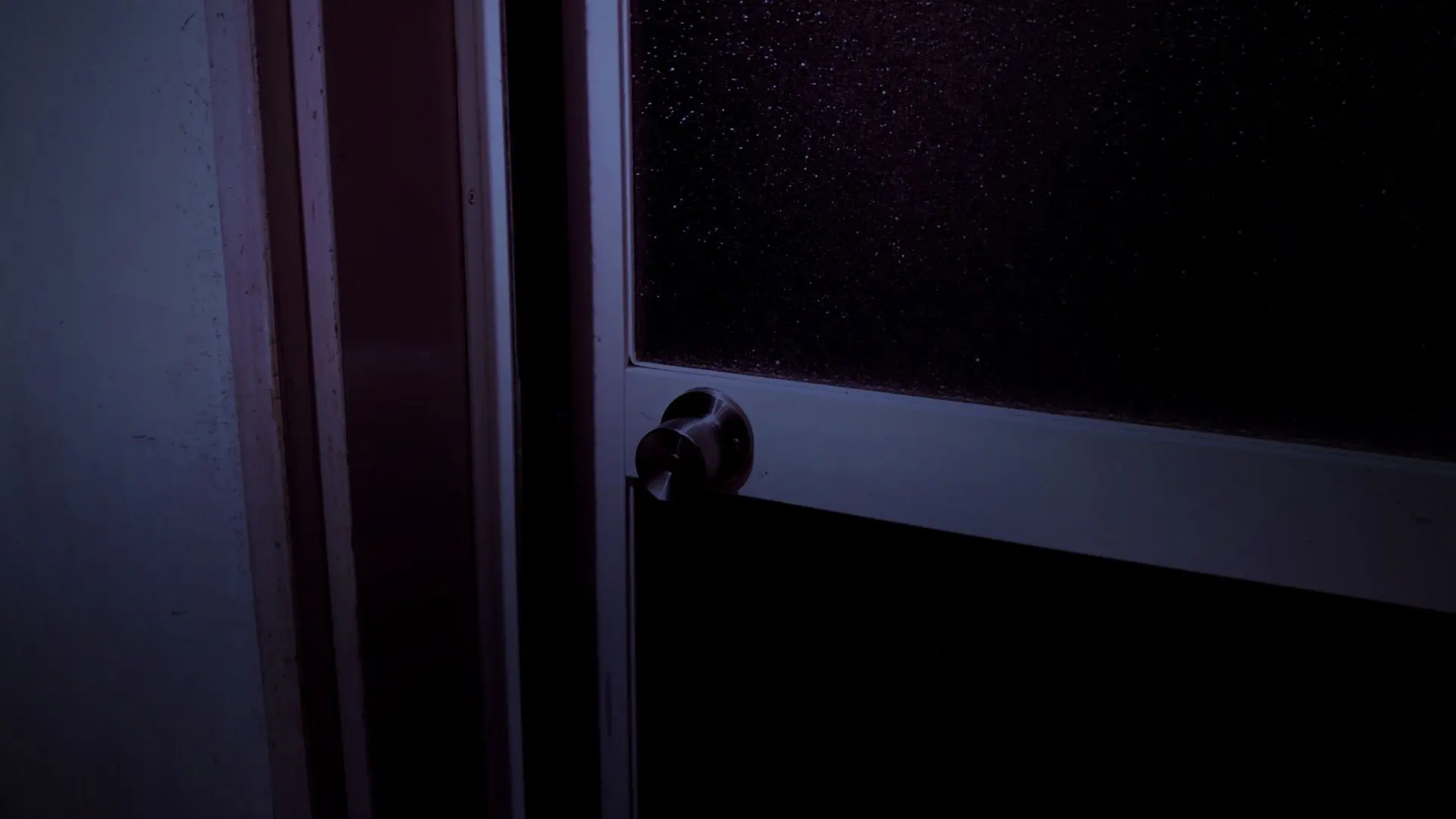
What Is a Jiko Bukken?
In simple terms, it refers to a room where someone has died in the past.
Whether the cause was natural, an accident, suicide, or even murder,
any confirmed death in the unit could make it a jiko bukken.
But the definition isn't black and white in Japan.
Was it inside the room? Somewhere on the property? Was it a natural death?
The answers vary, and so do the rules.
That’s why there are real cases where people ended up living in one without knowing it.
Some only realize after moving in: “Why does it feel heavy in here?” or “Why is the rent so cheap…?”
The Famous “Oshima Teru” Website
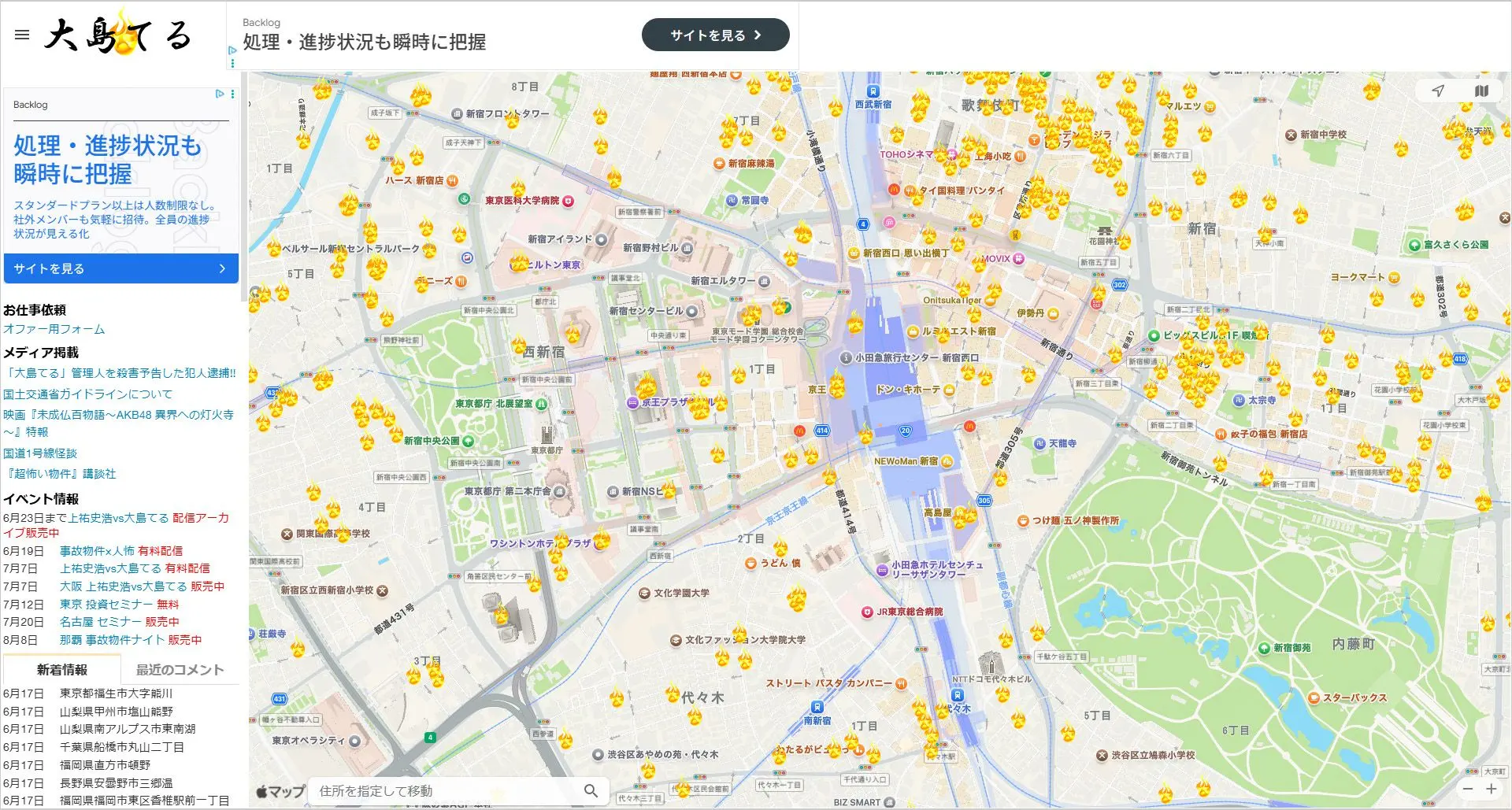
Enter Oshima Teru, Japan’s infamous online map of jiko bukken.
Crowdsourced and updated by users, this site marks these properties with a fire icon.
Click on one, and you'll find details like incident type and date.
Some people even browse just for the thrill.
Check out Oshima Teru here
“No One Leaves Alive” – A True Story from the So-Called Holy Ground of Jiko Bukken
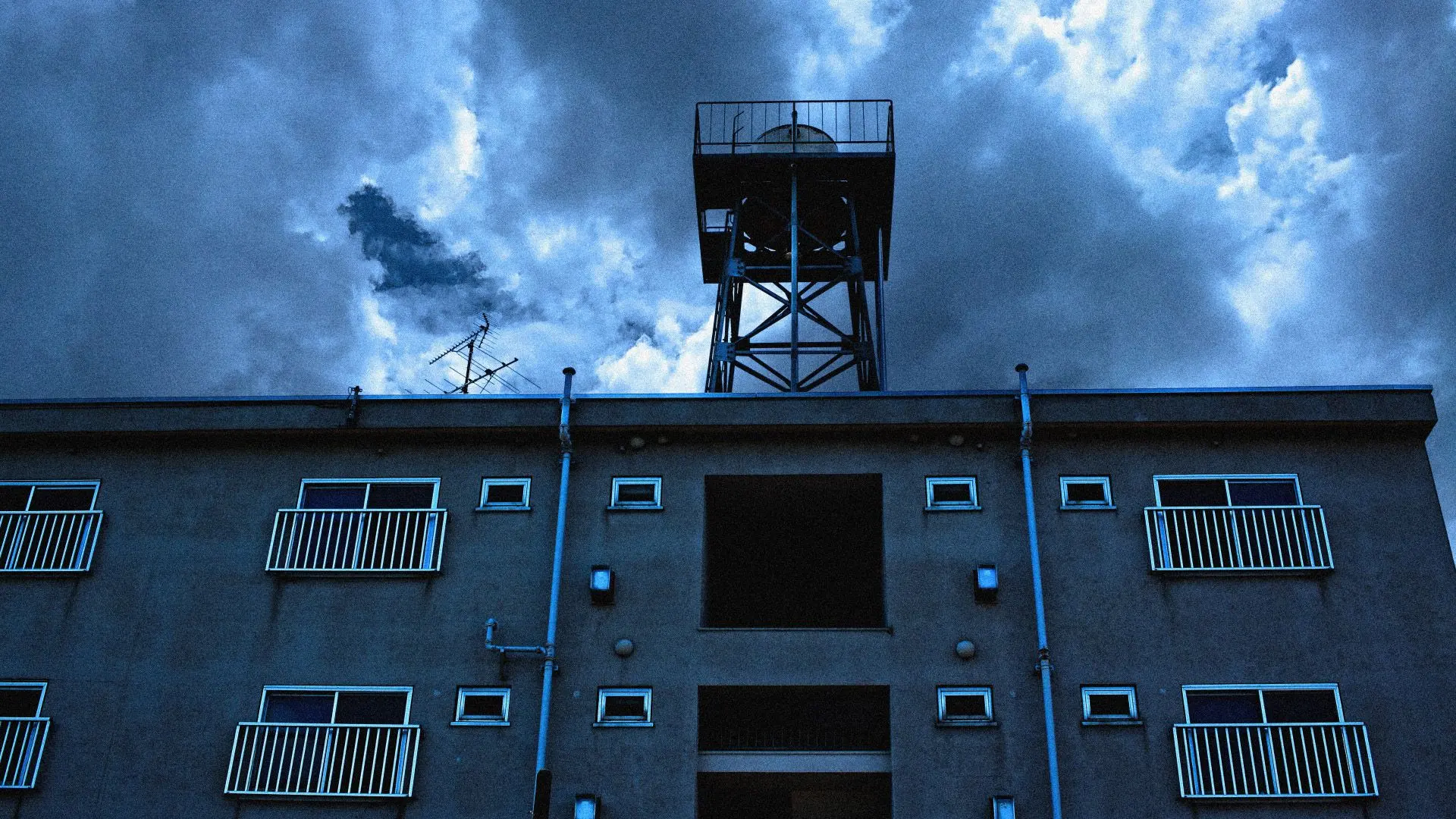
Oshima Teru himself shared this chilling tale in a Shukan Bunshun article.
The story centers on a small 3-story apartment tucked away in a residential area, far from any train station.
With no room numbers and just one unit per floor, it had the landlord’s home on the 1st floor and rentals on the 2nd and 3rd.
In just four years, someone died on every single floor, including the rooftop.
A suicide on the rooftop.
A drunken fight on the 3rd floor turned into murder.
The landlady on the 1st floor was fatally stabbed by her tenant from the 2nd floor—who was later found dead by suicide in the mountains.
Oshima called it the "Holy Ground of Jiko Bukken."
The building still stands, with the 1st floor now used as a supply storage area.
The only person who ever left that building alive?
The man who committed the murder on the 3rd floor—because he went to prison.
You can read the full story in Shukan Bunshun here (Japanese only).
Images for illustrative purposes only
What About the Legal Side?
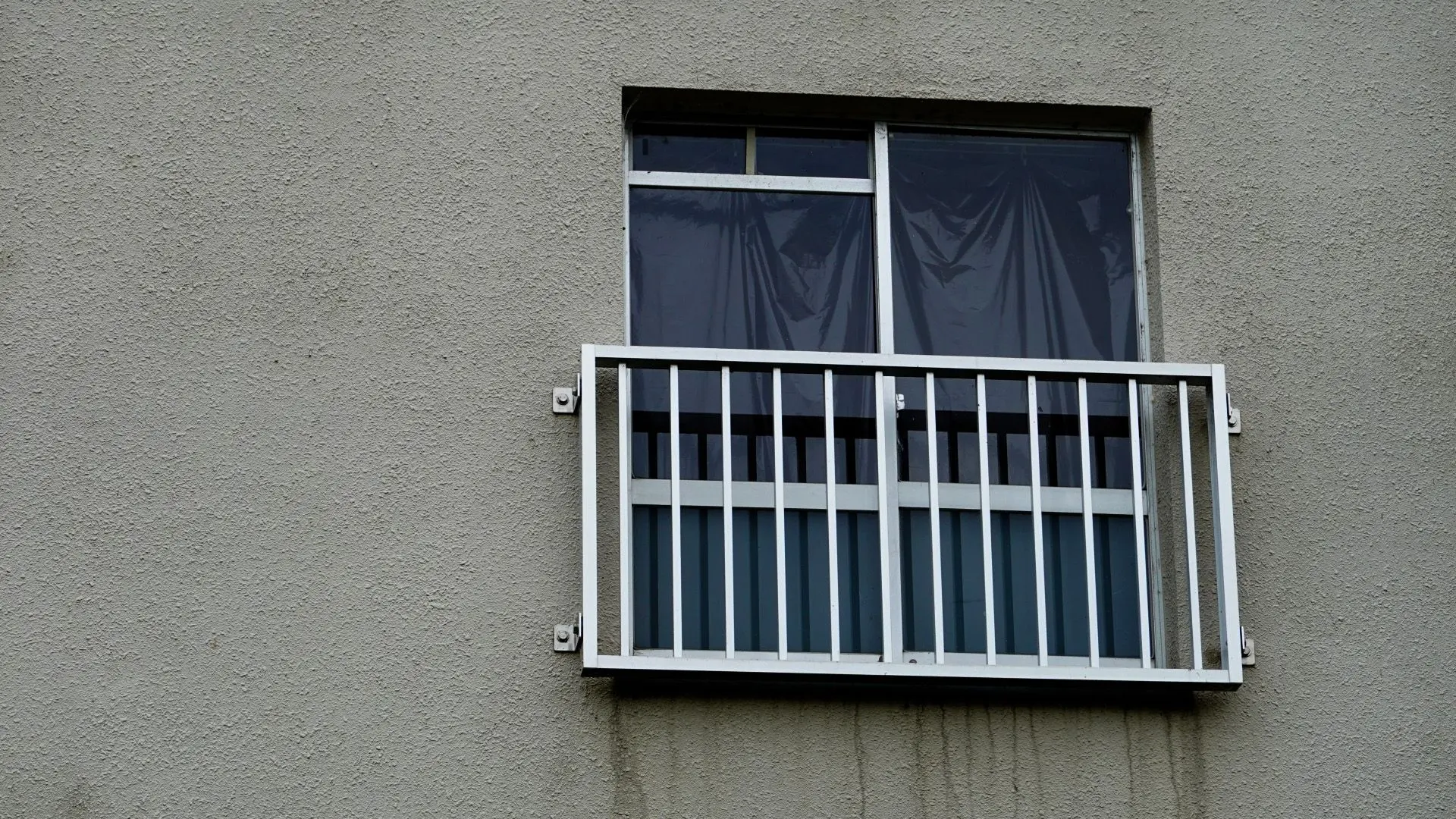
In Japan, landlords and real estate agents are required to disclose
"psychological defects"—which includes deaths on the property—to future tenants.
However, the law isn’t crystal clear.
How far back should they go? Do all types of death count?
In 2021, Japan’s Ministry of Land issued guidelines:
Natural and solitary deaths generally don’t require disclosure.
Suicides and murders do, but only for a limited time.
Still, enforcement is vague, and much is left up to landlords and agents.
Why Is It So Cheap? And Why Do People Still Live There?
Jiko bukken tend to be heavily discounted—sometimes 20–50% below market price.
Some listings are downright suspiciously cheap.
People still move in for all kinds of reasons.
Budget, of course—but also personality.
Some people say, “I’m more scared of cockroaches than ghosts.”
In recent years, YouTube challenges featuring people living in jiko bukken have gained popularity.
It’s become a kind of “daredevil stay” trend online.
What About Tourists?

You might think short-term visitors aren’t affected—but even Airbnb listings could be jiko bukken.
If you're curious, try checking the address on Oshima Teru (just don’t expect 100% accuracy).
And for those wanting to experience the paranormal firsthand, there's a group called ANNYA that actually buys jiko bukken and runs overnight stay events.
If you manage to complete the “quests” during your stay, they’ll even refund the entire participation fee.
Just remember: enter at your own risk.
RAW JAPAN Comment
Whether you believe in ghosts or not,
Japan's concept of judging a property by its past is a unique part of the culture.
Funny story—once I found an insanely cheap apartment and thought it was a total steal.
But when I looked it up on Oshima Teru… yep. 🔥
I ended up passing it to a friend.
(They’re still living there—and doing fine. So far.)
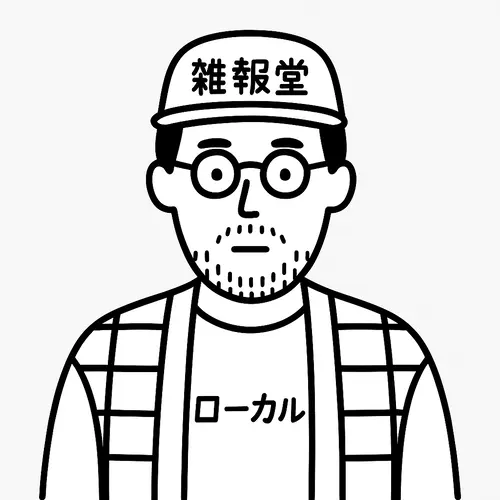
Obsessed with Japan’s quirks, and a father of two. I hunt for those subtle, “wait, what?” moments that hide in everyday life.